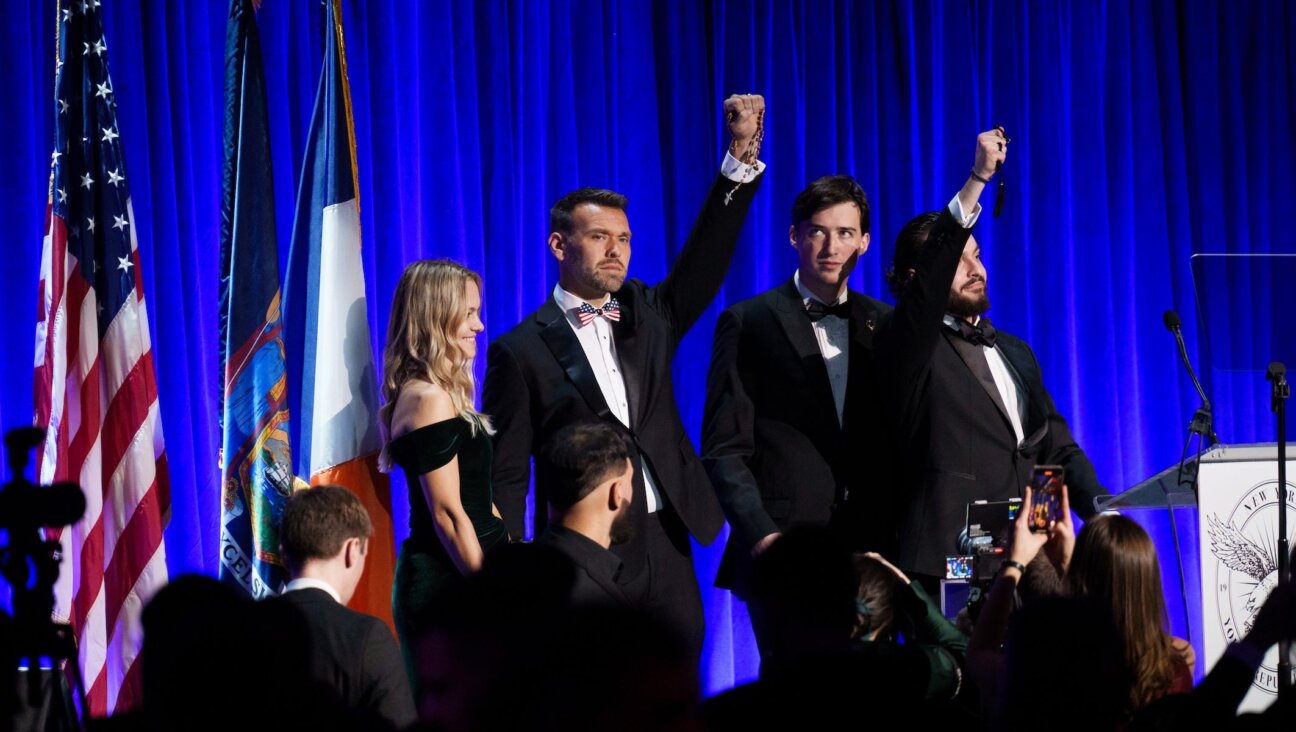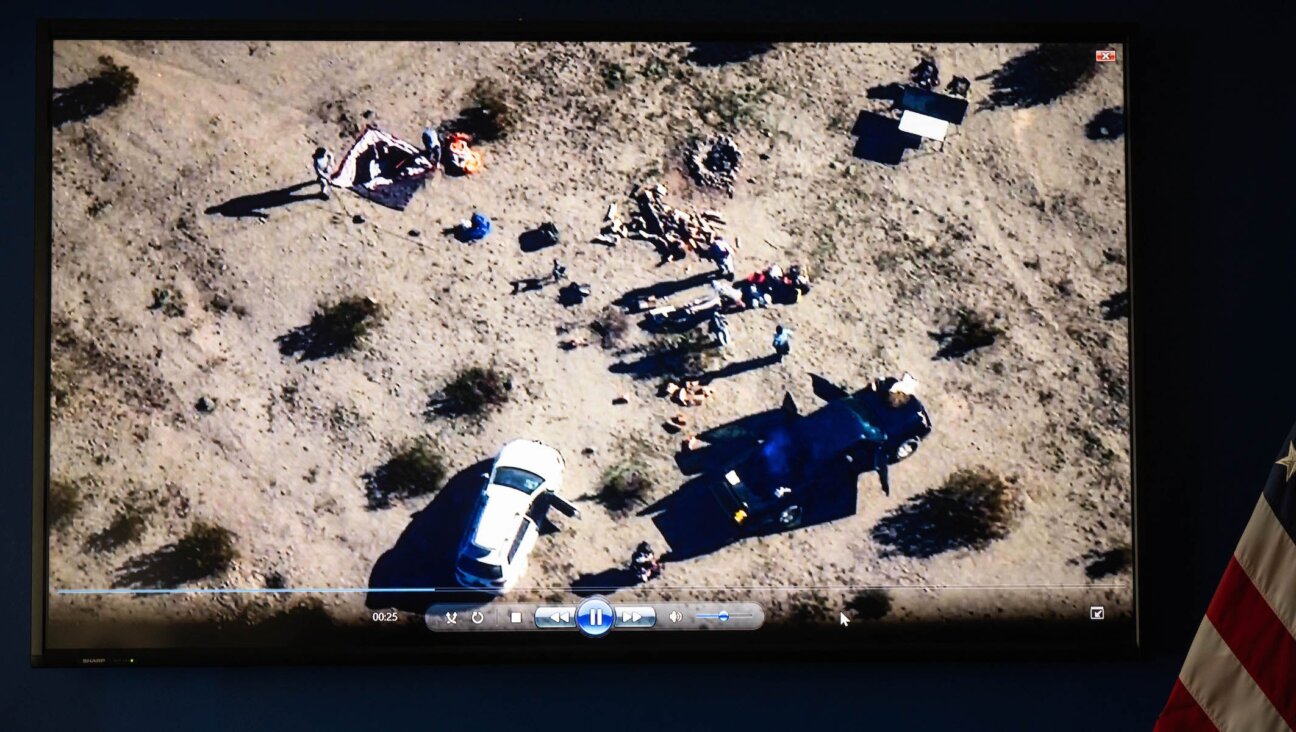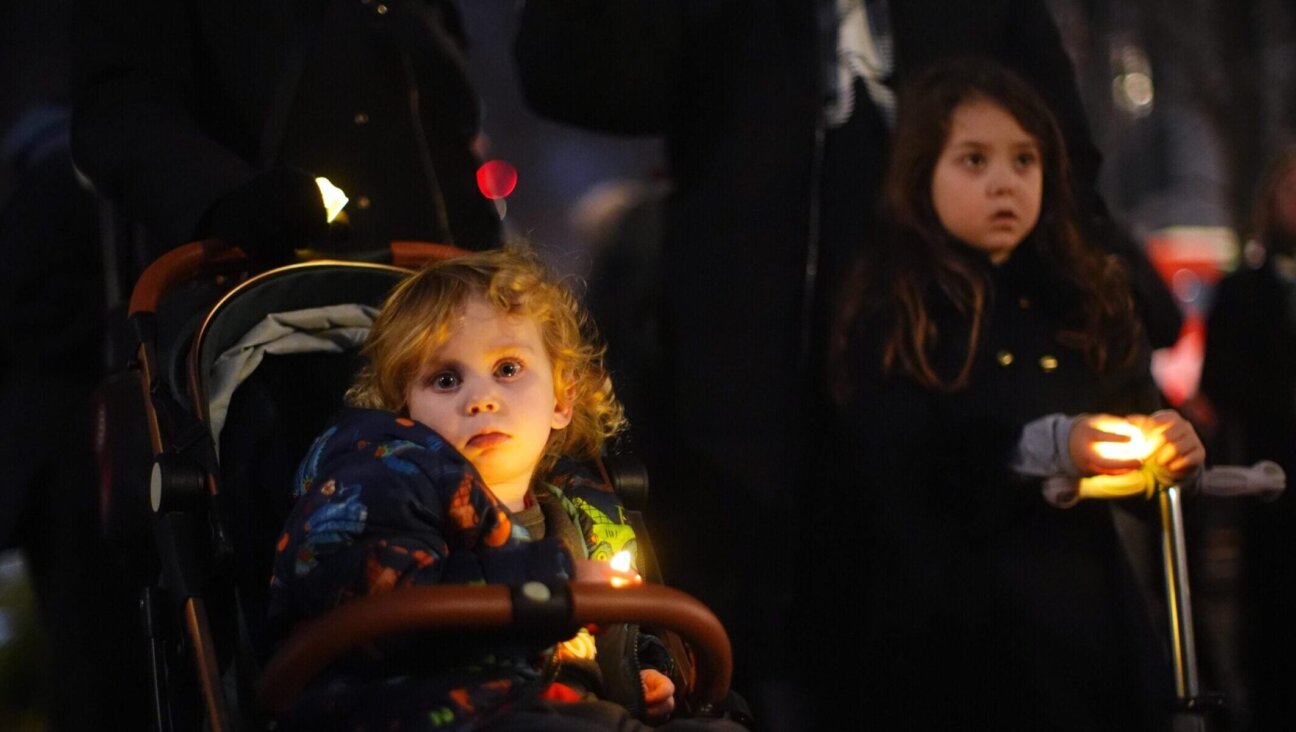Israeli Critics Comment –– Problematically –– on American Jewish Fiction
Cambridge Companion to Jewish American Literature
Edited by Michael P. Kramer and Hana Wirth-Nesher
Cambridge University Press,
316 pages, $22.
* * *|
In most respects the new “Cambridge Companion to Jewish American Literature” lives up to its illustrious predecessors. Essays on Yiddish and Hebrew literature in America and on the “renaissance” of the 1950s are particularly fine. But the Israeli critical perspective in several essays on contemporary writings in English and their historical origins raises troubling questions.
As an American critic who has long taught British Victorian literature, I know that perspective is shaped by gender, culture and countless personal choices. Most often we see what we expect. Because our readings become mirrors as well as lamps, readings by Israeli critics of American Jewish texts illuminate what writers here are doing, but they also reflect what writers there are thinking about American Jews.
These learned essays recognize the impossibility of defining what is “Jewish.” But the effort to define persists anyway, even though many elements of what we share as Jews — a collective past, a set of languages, a body of traditional texts and ritual behaviors — become minefields in the process, touchstones for differentiation. When Rashi and an 18th-century Jewish cleric who converted to Christianity are seen as forefathers of this field, literary history becomes a comparative study of traditional versus nontraditional ideas about Jewishness. In this perspective, American Jewish writers gradually free themselves from tradition, accept Puritan ideas and “put aside their ethnic difference without having to renounce it.” Often appearing in italics, the word “American” begins in the Israeli perspective to signal defection from an assumed standard set by Rashi.
Assumptions about what constitutes linguistic authenticity for Jews develop this sense of deviation from a standard. Forgetting that, as Cynthia Ozick once said, English, though sometimes constricting, is her “everything,” this book suggests that “the mere sound” or “sight of a letter from the Hebrew alphabet” in an English text is enough “to trigger powerful feelings of belonging.” But is this true for American Jews? Does the invocation of a phrase from a Yiddish lullaby signify “authentic Jewishness” to American readers? To Jews whose childhoods were warmed by other linguistic melodies? Or might “authenticity” rest for us in the tensional embrace of — and stiff-necked resistance to — surrounding cultures? These responses are, after all, familiar features of American Jewish experience.
The openness of American Jewish writing to its surrounding culture seems instead to become problematic in Israeli perspective. Aryeh Lev Stollman’s “The Far Euphrates” evokes a fictional world widely scarred by long human exile and old pain. Suffering is everywhere in this post-Holocaust world. But — despite the novel’s allusions to traditional Jewish texts, rabbinic scholarship, the Hebrew language, German guilt and Jewish outrage — the suffering of non-Jews and the wearing of a cross by one Jewish survivor seem from an Israeli point of view to “Christianize” the “Jewish Holocaust text,” to set it within a “strong Christian context.” The rabbis say that one part of milk will not render treyf more than 60 parts of chicken soup. But the mixed-ness of Jewish life in America, which furnishes the cultural context for this novel and which characteristically includes Christian elements without becoming like them, misleads this otherwise perceptive Israeli reader.
Critical preoccupation with “the notion of Israel as a sacred homeland to which Jews in diaspora are longing to return” runs like a subtext through several essays by American-born critics who now live in Israel. Equally persistent is the contradictory notion that American Jews see America as “the new Promised Land.” Philip Roth is said to reject Israel and to choose America as a “homeland” for the sake of “freedom” and “security.” Like most American Jews, however, Roth’s novels develop this issue way beyond the polarity of “either/or,” constructing the personal “home” and the collective “homeland” as facets of an awareness as complicated and as fraught as Roth’s sense of Jewish identity.
Finally, American writers’ complex connection to the Jewish past is also reduced to a simple polarity. As novelists here struggle to relate themselves to the Holocaust — which happened elsewhere, to other Jews — American writers are seen “to be caught in a no-win bind. Forget the past and the Jewish component” of identity “falls away. Remember the past and you write European rather than American fiction.” In this perspective, our writers seem to invoke the Holocaust in order to pursue “other, more primary agendas” — notably the agenda of constructing “Jewish identity in the United States.” A work that seemed to an earlier American critic to develop a “strain of reverence toward Jewish historical experience” is understood in this perspective to serve the cause of “identity politics.” Critical attitude, here, bends the work of memory and mourning toward ego gratification.
Today, many American Jewish writers are struggling to recall a distant past, to clarify and to mourn its losses. The integrity, complexity and seriousness of that effort are harder to see from a critical perspective that assumes American writers’ self-serving exploitation of the Holocaust, that considers our language inauthentic and our culture deviant, that continues to ask whether “the story of the American Jew, in order to get itself going, may well have to rid itself of the past that binds it to Jewish realities no longer pertinent or desirable.”
These are first-rate Israeli critics. But their elegant and polished essays suggest that American Jews who have chosen to stay here, to live and write in English, among people who are not Jews, may have become a troubling puzzle to Jews who have made other choices.
Janet Burstein is an English professor at Drew University and author of the upcoming “Telling ‘the little secrets’: American Jewish Writers of the New Wave” (University of Wisconsin Press).
















